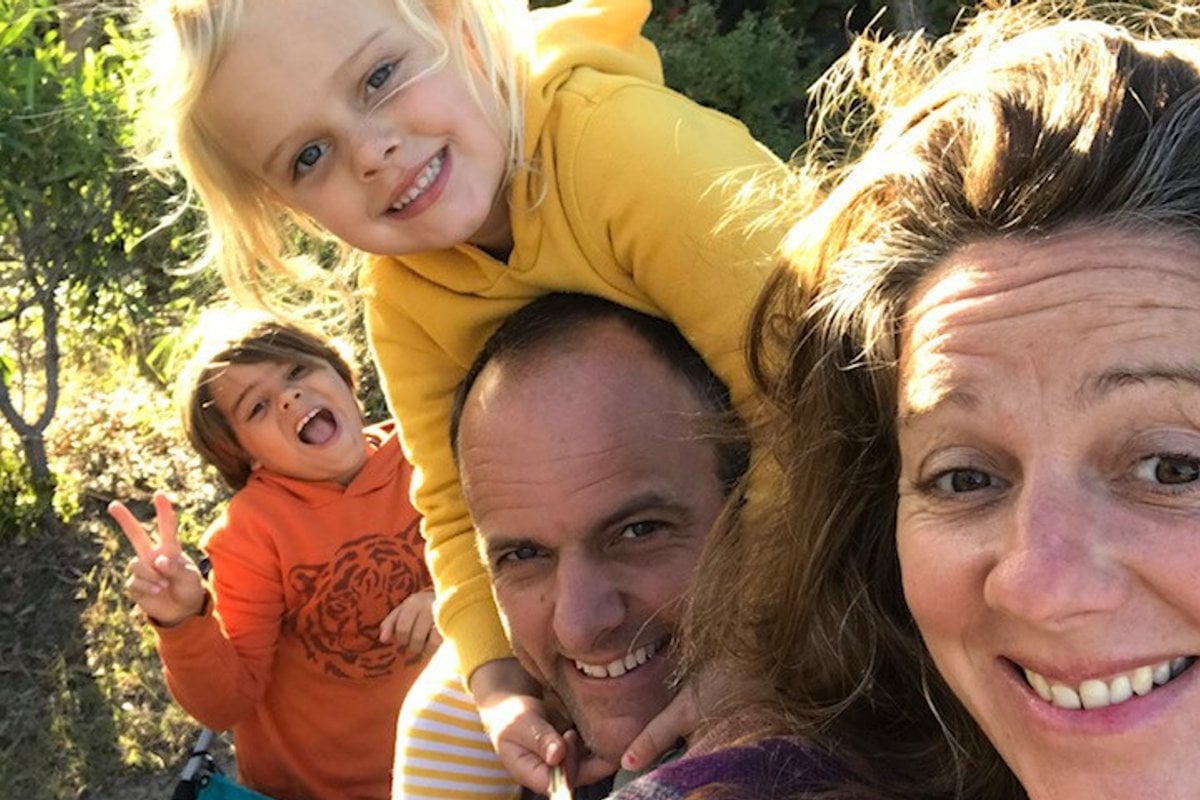
Victoria Vanstone can pinpoint the exact moment she knew she had gone too far with her drinking.
The mum-of-three had come home from a night out drinking with her mother's group where she had admittedly "overdone it".
"I was sick in my handbag in the taxi on the ride home," the 44-year-old told Mamamia. "I went out in a beautiful sequin dress and came home with vomit all down me."
After stumbling through the door, her husband told her to get in the bath to clean up.
"I got in the bath and he hosed me down, like a muddy elephant."
Watch: Here are just some of the effects to your body after one year without drinking alcohol. Post continues below.
The next morning she woke up with a terrible hangover and two young kids to care for.
"It was one hangover too far... The next day I was totally non-functional. I wasn't capable of looking after my child. And those feelings are so overwhelming that it's like your body's reaching out and you need to do something about it."

